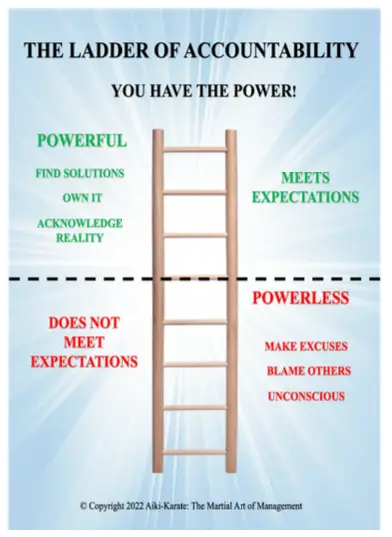Conflict resolution modules feature scenario-based exercises, mediation techniques, and facilitated discussions to address underlying tensions. Role clarification activities help participants define responsibilities, set clear expectations, and align on shared goals.
Goal-setting sessions guide teams through the creation of specific, measurable objectives and the development of accountability systems, such as progress dashboards, peer check-ins, and regular feedback loops.
Sessions on psychological safety teach practical techniques for encouraging open dialogue, constructive dissent, and risk-taking without fear of negative consequences. Inclusive culture-building modules address biases, promote diverse perspectives, and establish norms for respectful collaboration.
The curriculum is practical and interactive, featuring real-world simulations and ongoing coaching that reinforce learning and development. Teams emerge equipped to adapt, innovate, and consistently deliver results—even in fast-changing, complex environments.
Throughout the course, participants receive personalized feedback from instructors and peer coaching sessions to reinforce their learning. The assessment strategy includes reflective journals, group presentations, and a capstone project where participants design and implement a transformative management initiative tailored to their organization or sector. Graduates leave the program with a robust toolkit to spark innovation, elevate team performance, manage change initiatives, and lead transformative organizational change with confidence and resilience.

